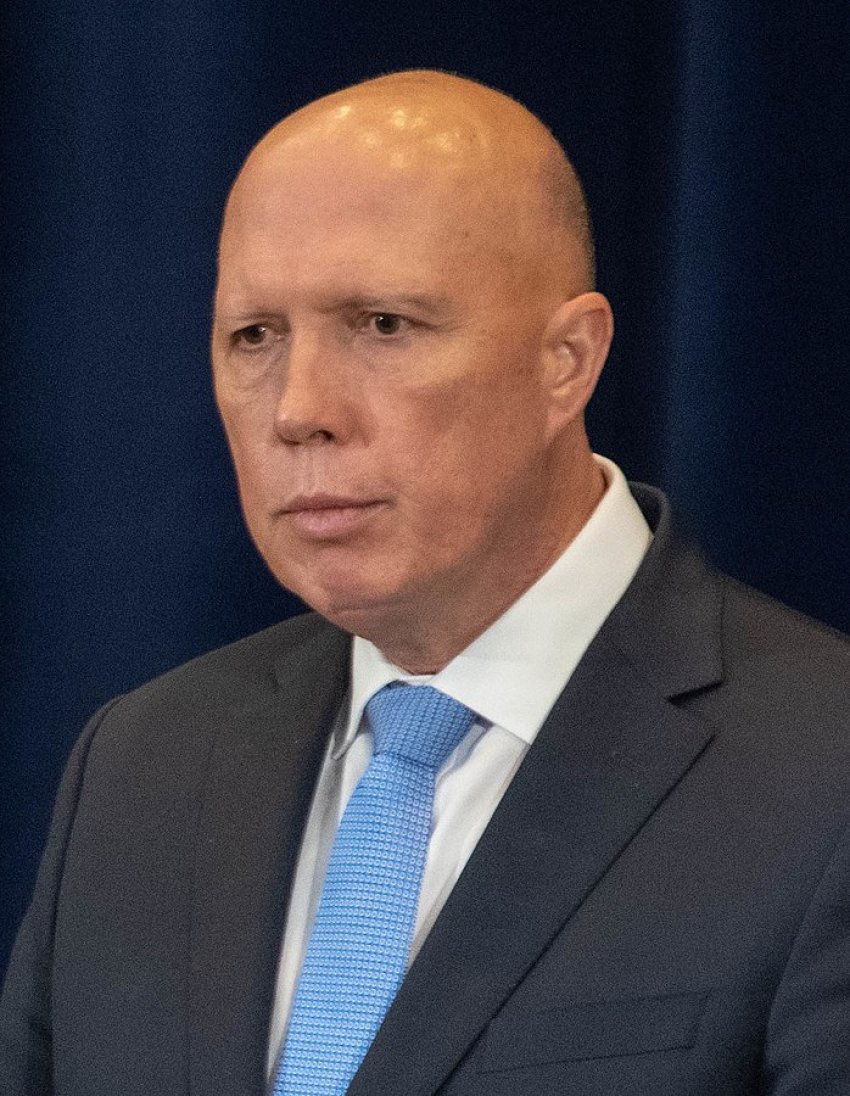
In politics, the once in century tag is virtually unheard of. In the context of the federal seat of Aston, located in Naarm/Melbourne’s eastern suburbs, that tag rose with menace revealing that most unusual of phenomena: a swing of votes to the government of the day.
Usually, little can be made about by-elections. Given that Australia’s federal elections are a compulsory affair, being forced to vote outside standard national or state polls can make them even crankier.
Sturdy, dramatic swings against incumbents have assumed the properties of natural law and holy writ. Rarely does it go the other way.
On April 1, it not only went the other way, but dramatically so: some 6.5% in favour of the Anthony Albanese government and Labor candidate Mary Doyle, away from the opposition Liberal Party and its candidate Roshena Campbell. (Neither were from Aston, but Doyle had lived nearby.)
The event stirred psephologists and left room for raking through the credentials and capabilities of that most unappealing of leaders Peter Dutton.
Dutton explained that it was “a tough night for the Liberal Party and our family here in Victoria where … we have been out of government 20 of the past 24 years”.
He conceded that much work lay “ahead of us to listen to the messages sent to us today from the people of Aston but listen to them, we will”.
The next day on the ABC’s Insiders, Dutton said that Victorian voters, not his leadership, was the problem. “Obviously, the difficulties for us in Victoria haven’t been germinated in Aston over the course of the last five weeks.”
He should know: Dutton’s electoral appeal has for years been considered, even within his own party, poisonous in Victoria.
As home affairs minister in 2018, Dutton famously remarked on Sydney’s 2GB Radio that Melbournians were “scared to go out to restaurants at night time because they were followed home by these [African] gangs, home invasions and cars are stolen”.
His knuckle-dusting anti-China rhetoric, which dovetailed into the Beijing bashing relish of the former Prime Minister, Scott Morrison, has also done wonders for his Labor opponents.
Aston has more than 22,500 Chinese residents, which make up 14% of the seat’s population.
Then came Dutton’s cumbersome, post-mortem assessment of Victoria as a “very difficult market for us”. This prompted MP Julian Hill to retort: “No, we are 6.7 million Australians who overwhelmingly reject your extremist, divisive anti-science policies.”
For years Victoria has returned lean pickings for the Coalition: 16 out of 38 seats in 1998; 14 out of 37 seats in the 2007 election that went to Labor; 12 out of 2010 when Julia Gillard held the reins as Prime Minister. Even with the Coalition victory in 2019, the Liberals won a mere eight seats.
Then came the fool’s optimist: Liberal MP Jason Wood insisted that Dutton’s face be plastered everywhere.
“He’s a great guy,” he told Sky News host Chris Kenny, “we just need to get the public to know him a bit better and get him out and about meeting people”.
The one problem was that Dutton’s face was everywhere, ridiculed on Labor posters and pamphlets.
Some disgruntled and seething old hands also offered their fill. Former Prime Minister Malcolm Turnbull condemned his party for veering too far to the right — Dutton had been the chief knife wielder in his overthrow.
“Victoria is a small l liberal state and the Liberal Party egged on by the Murdoch media has moved further and further to the right. The last time the Liberal Party went ahead in Victoria was in 2016 when Julia Banks won Chisholm.”
Dutton’s party increasingly cradles the prehistoric.
He speaks to a dying demographic. Short of a purge within the Liberals, or electoral suicide on the part of Labor — something known to occur from time to time — this will remain the case.
[Binoy Kampmark currently lectures at RMIT University.]